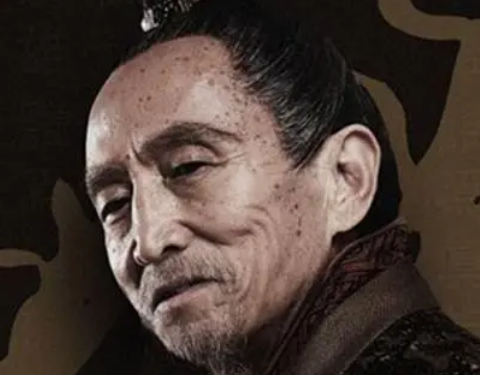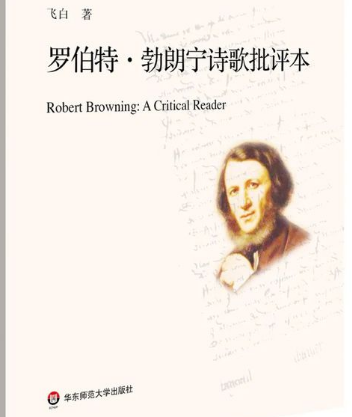The Hou Jing Rebellion was a major civil strife during the North and South Dynasties period in China, which dealt a fatal blow to the Liang Dynasty of the Southern Dynasties and changed the course of Chinese history. The causes, impacts, and attribution of responsibility for this rebellion have been the focus of debate among historians. This article will delve deeply into these three aspects.

Firstly, there were mainly two reasons for the Hou Jing Rebellion. One was the corruption and incompetence within the Liang Dynasty of the Southern Dynasties. During the reign of Emperor Wu of Liang, Xiao Yan, although he once brought the Liang Dynasty to its peak, he later became overly devoted to Buddhism, neglected the governance of the country, leading to severe internal corruption and the people's lives in dire straits. The second reason was the incitement and exploitation of external forces. Hou Jing, a general of the Northern Wei Dynasty, used the internal contradictions of the Liang Dynasty of the Southern Dynasties to initiate the rebellion.
Secondly, the impact of the Hou Jing Rebellion was profound. Firstly, it directly led to the downfall of the Liang Dynasty of the Southern Dynasties. Hou Jing established the Da Chu regime during the rebellion, but its existence was only brief and was ultimately replaced by the Chen Dynasty. Secondly, the Hou Jing Rebellion exacerbated the division between the North and South Dynasties. After the rebellion, the territory of the Liang Dynasty of the Southern Dynasties was divided, and the division between the North and South Dynasties became more apparent. Finally, the Hou Jing Rebellion also had a significant impact on the development of Chinese history. It led to the blending of the culture of the Southern Dynasties and the culture of the Northern Dynasties, laying the foundation for the unification of the Sui and Tang Dynasties.
Lastly, regarding the attribution of responsibility for the Hou Jing Rebellion, this is a complex issue. On the one hand, the incompetence and corruption of Emperor Wu of Liang, Xiao Yan, were undoubtedly important reasons. His misgovernance intensified internal contradictions within the country, providing an opportunity for Hou Jing's rebellion. On the other hand, Hou Jing himself cannot escape responsibility. He exploited the internal contradictions of the Liang Dynasty of the Southern Dynasties to initiate the rebellion, bringing disaster to the Liang Dynasty. Therefore, the responsibility for the Hou Jing Rebellion should be borne jointly by Emperor Wu of Liang, Xiao Yan, and Hou Jing.
Overall, the Hou Jing Rebellion was a civil strife triggered by a combination of internal and external factors. Its occurrence had profound historical reasons and had a profound impact on the Liang Dynasty of the Southern Dynasties and the development of Chinese history. When considering the attribution of responsibility for this rebellion, we should consider it from multiple perspectives and not simply blame one party.
Disclaimer: The above content is sourced from the internet and the copyright belongs to the original author. If there is any infringement of your original copyright, please inform us and we will delete the relevant content as soon as possible.
































